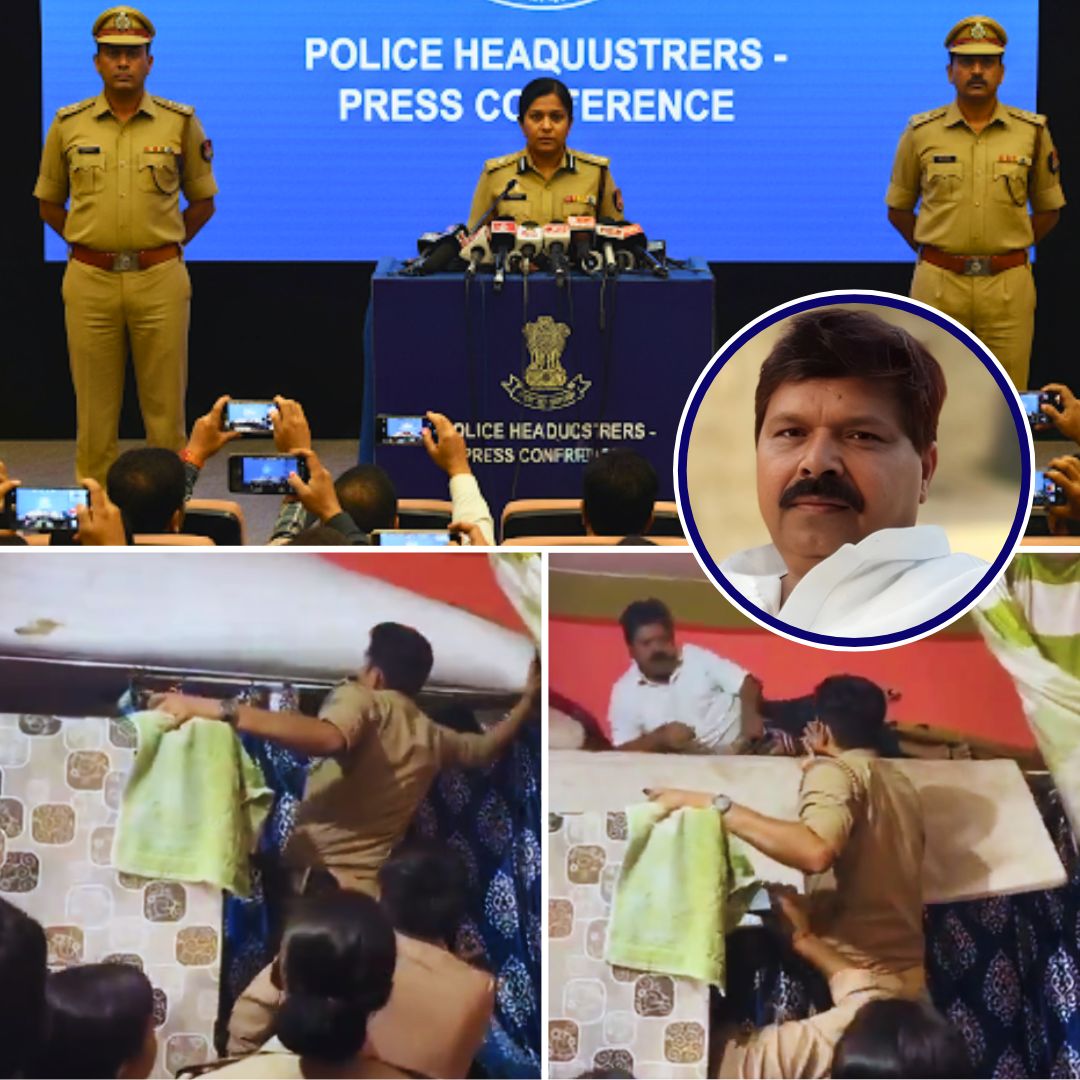Samajwadi Party leader and former treasurer Kaish Khan was arrested by the Kannauj Police on September 3, 2025, after being found hiding behind a mattress in a loft at his brother’s house, violating a six-month district ban imposed on him since July 28, 2025. Khan, a close aide of former Chief Minister Akhilesh Yadav, faced multiple criminal accusations including land grabbing.
Police have initiated fresh legal action against him under sections 3 and 10 of the Goonda Act for breach of the ban order and other offenses. The arrest followed a tip-off and an extensive search of his and his brother’s residences, underscoring ongoing enforcement of law and order in the region.
A Calculated Attempt to Evade Police
Kannauj district authorities ordered Kaish Khan to stay out of the district for six months due to his involvement in several criminal cases, including illegal land occupation. Despite the court directive signed by District Magistrate Ashutosh Mohan Agnihotri on July 28, Khan was found hiding in his brother’s house in Balapeer, Kannauj.
Police conducted a thorough search after receiving credible intelligence, initially failing to locate Khan until they discovered him wrapped inside a mattress on a loft. Superintendent of Police Vinod Kumar revealed that Khan’s concealment was a deliberate move to evade arrest.
This dramatic arrest highlights how political leaders sometimes try to circumvent the law but also shows the police’s resolve in enforcing justice.
Background and Political Implications
Kaish Khan has been embroiled in legal difficulties for some time, with five pending criminal cases. Earlier in the year, authorities demolished his marriage hall after he was accused of illegally occupying a municipal road, an act that drew significant public and administrative attention.
Around the same time, Khan maintained close ties with Samajwadi Party chief Akhilesh Yadav, who met him in Kannauj just days before the ban was imposed. Khan’s violation of the district ban not only challenges legal boundaries but also places the Samajwadi Party under political scrutiny amid accusations of the misuse of power and poor governance.
This case exemplifies the fine line political figures walk between political influence and lawful accountability.
The Logical Indian’s Perspective
This incident sheds light on the essential need for political leaders to uphold the rule of law and respect judicial orders, regardless of their stature. The Logical Indian advocates for a society where peace, dialogue, and mutual respect reign, and where leaders act as role models for accountability and integrity.
Upholding justice with empathy fosters trust in public institutions and promotes social harmony. It prompts a collective reflection on how communities can play an active role in encouraging ethical leadership while nurturing an environment of constructive dialogue and coexistence.












